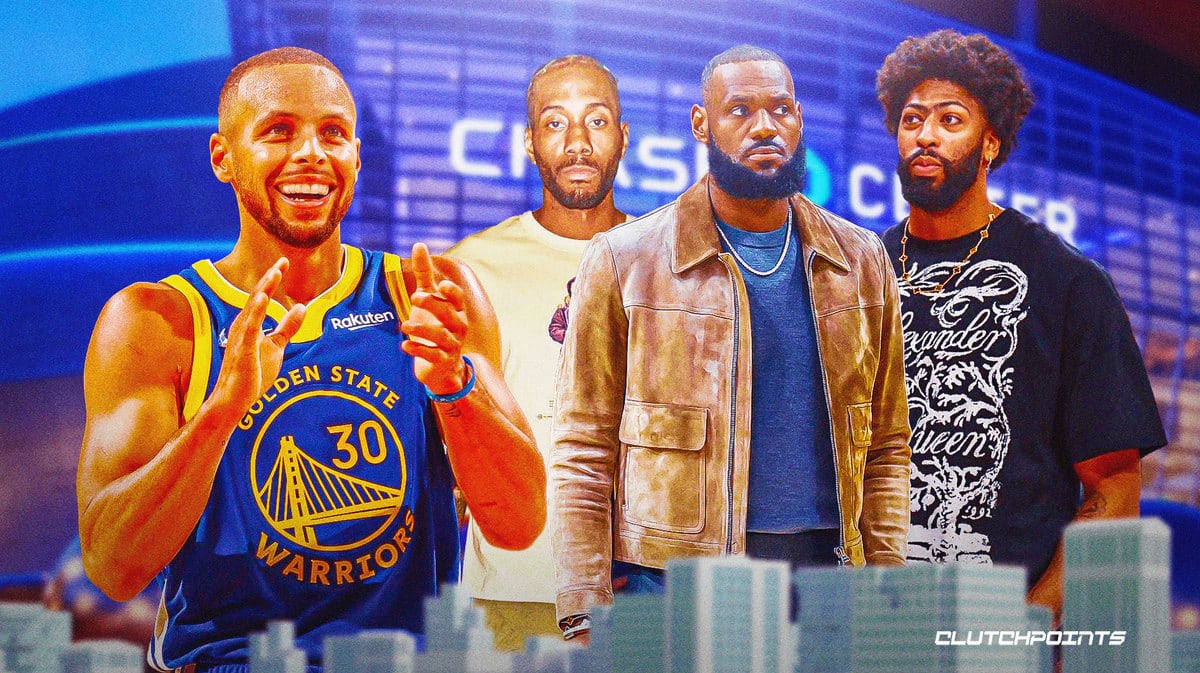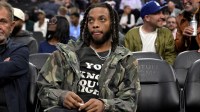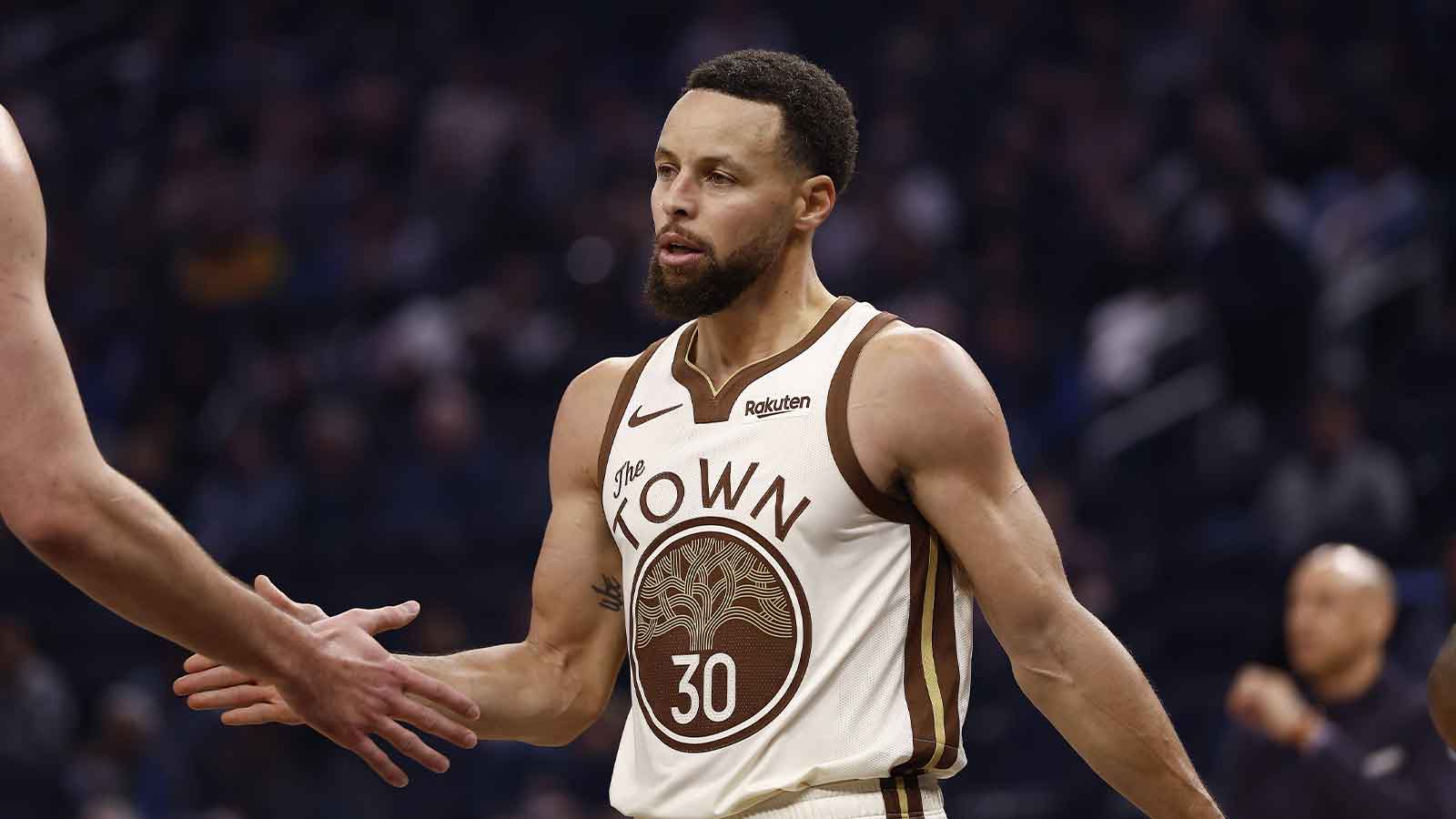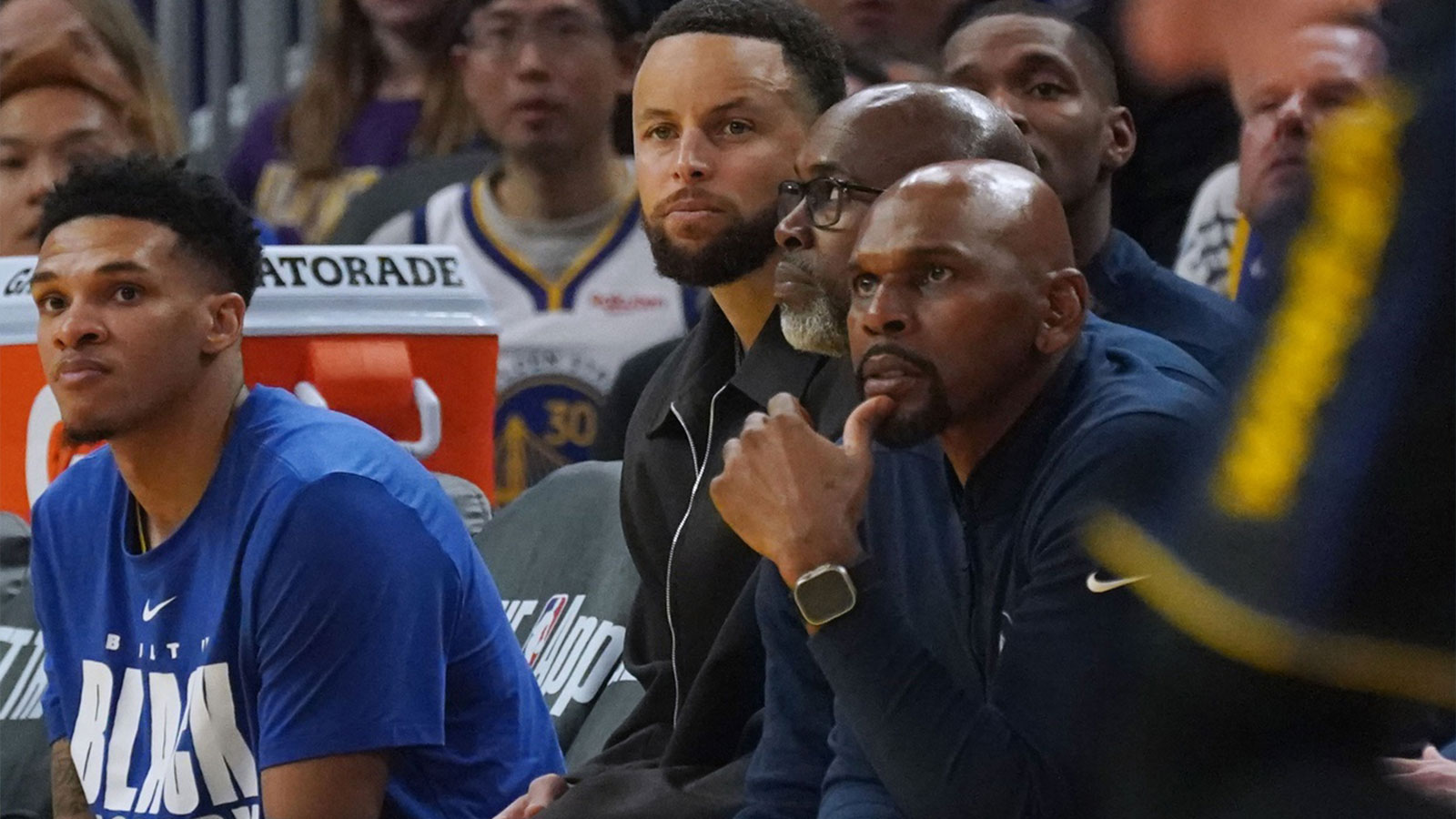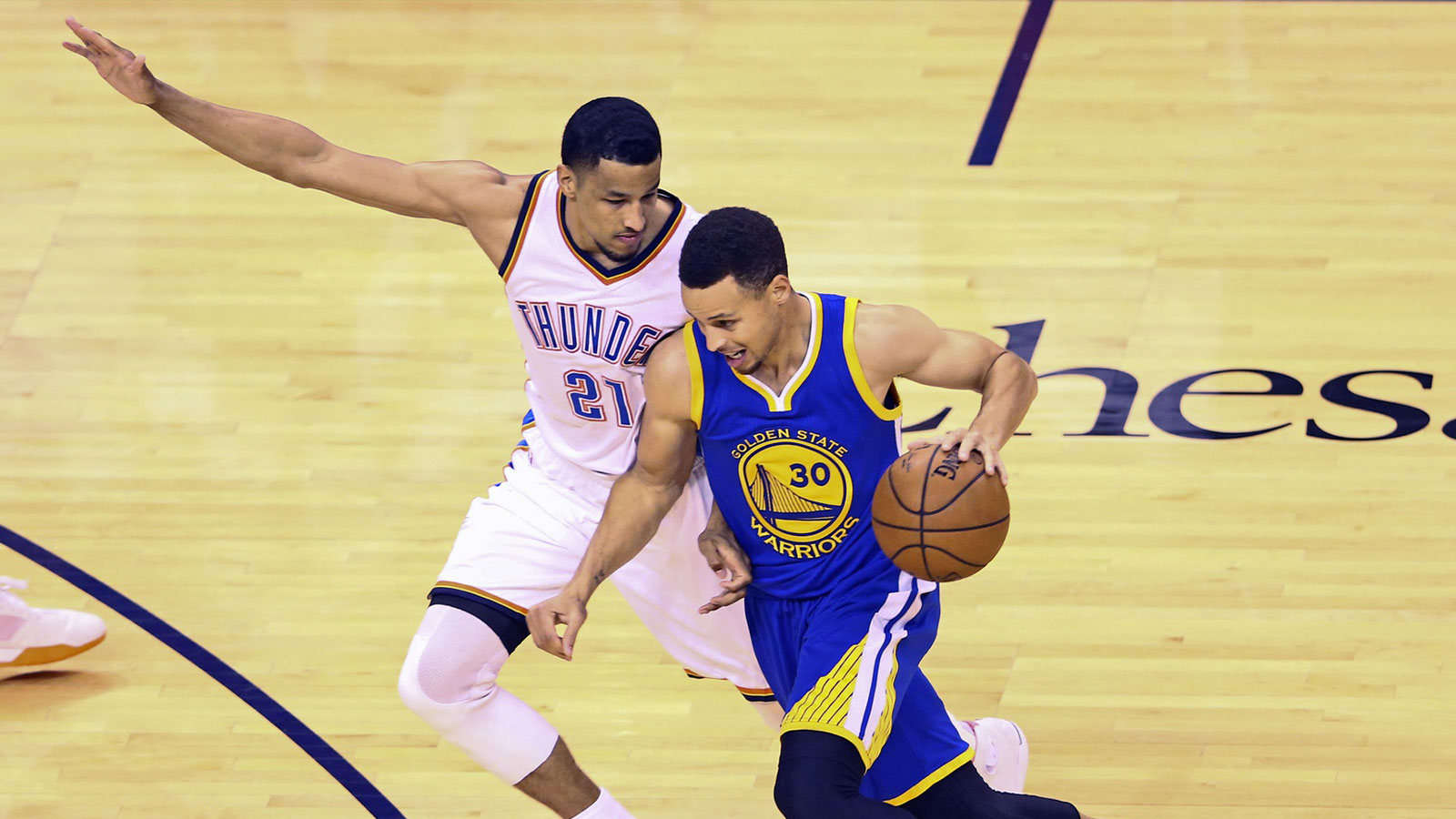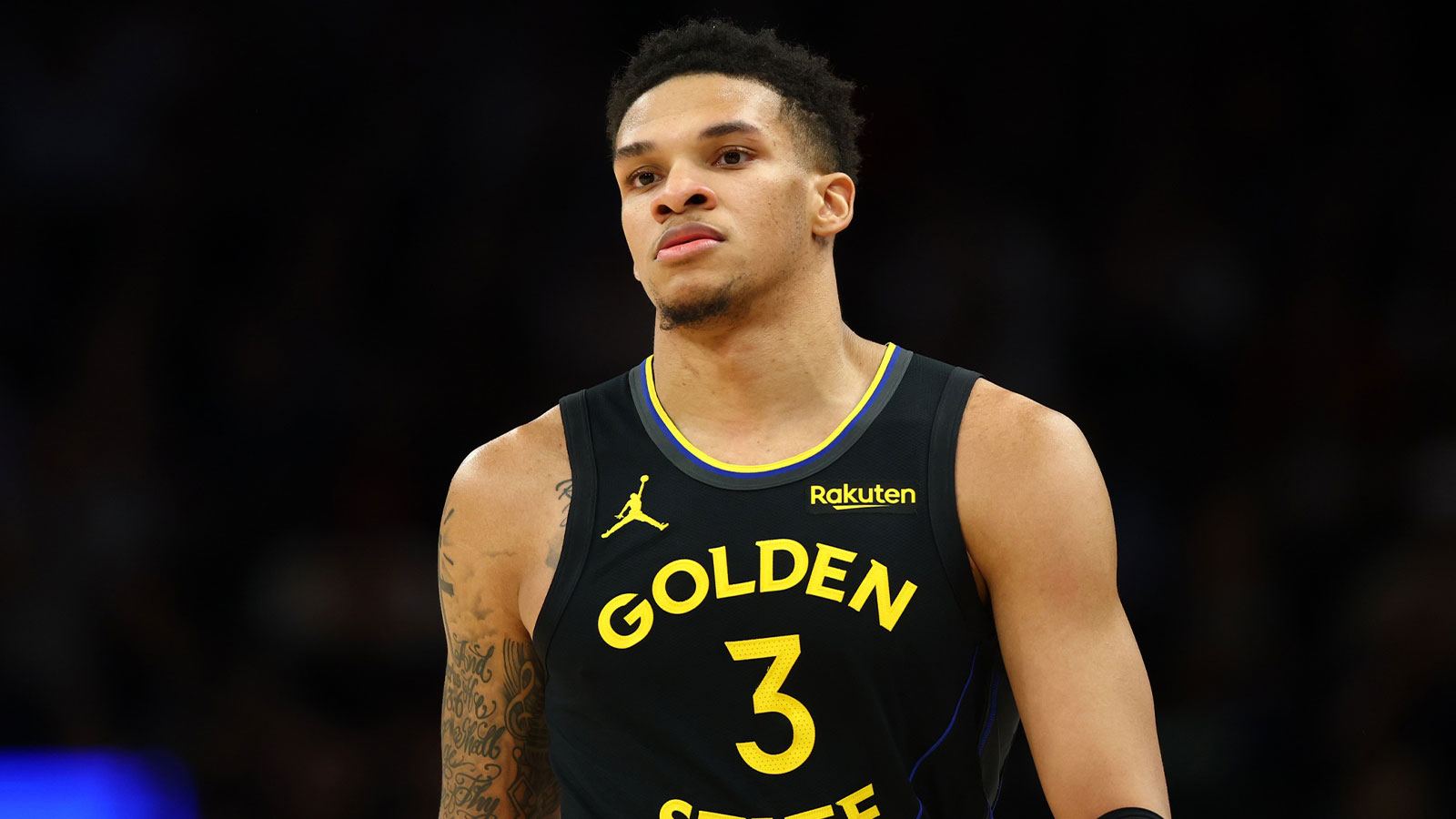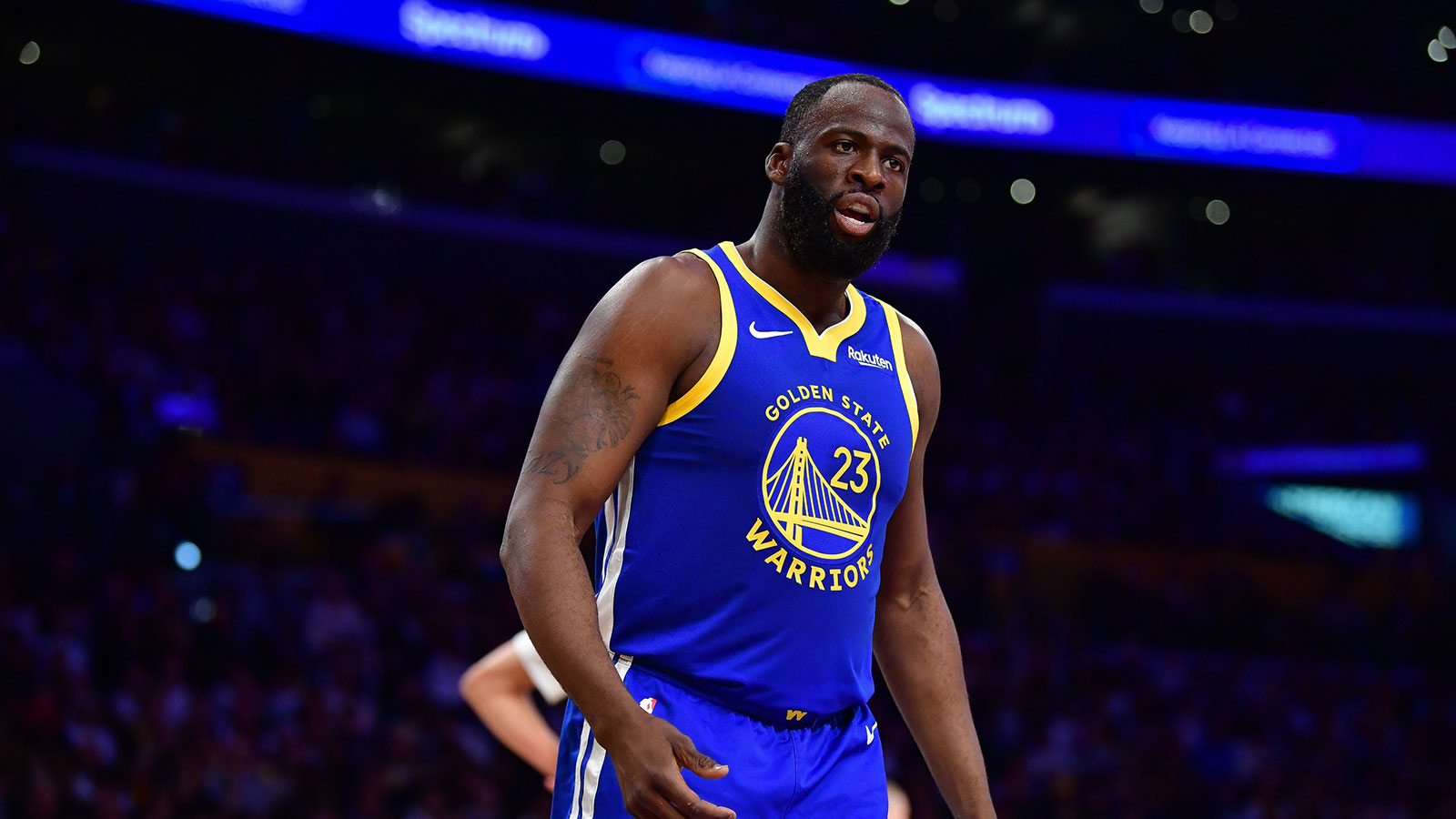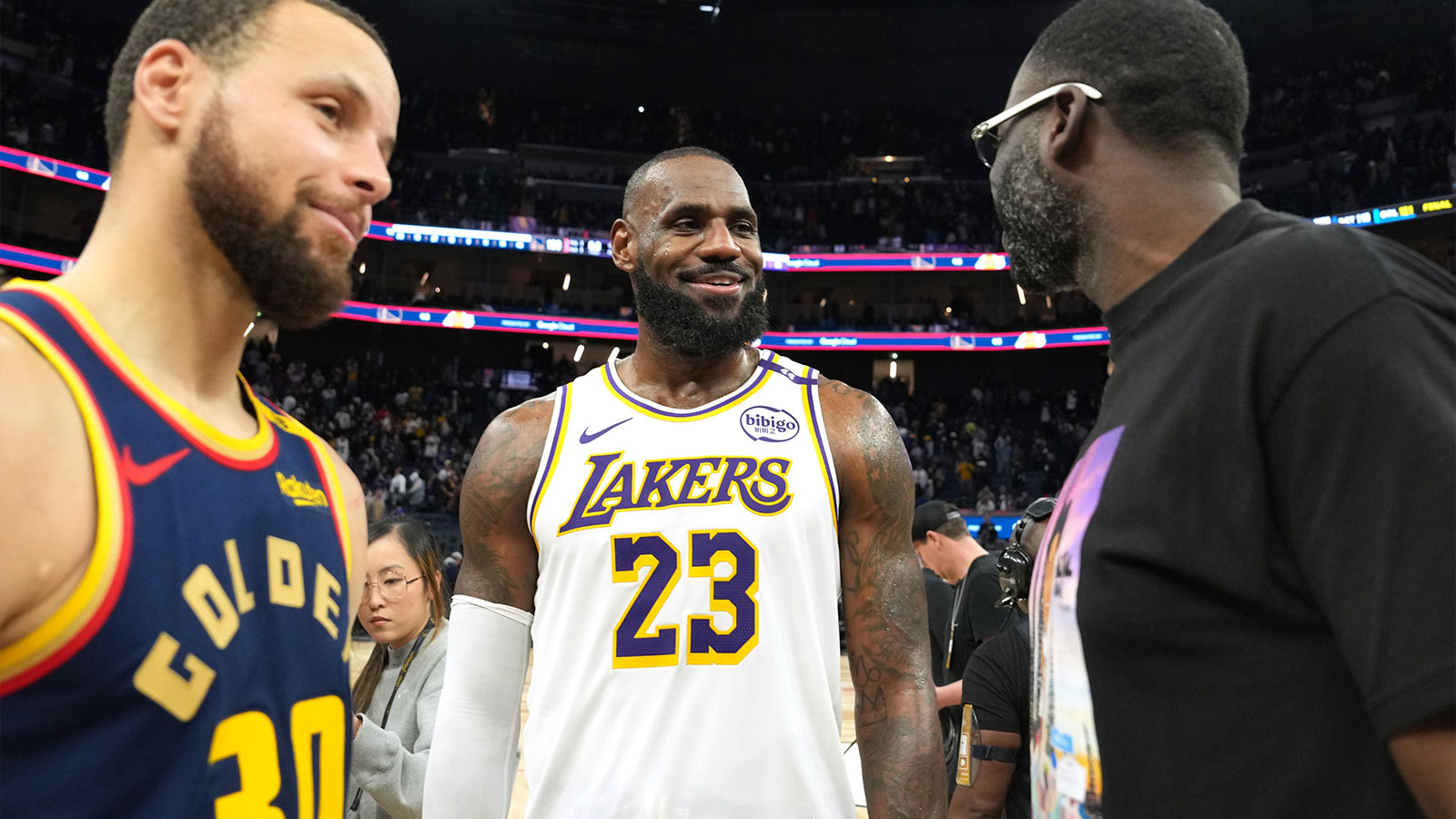Bad news for the rest of the NBA: As his 15th season begins to dawn, Golden State Warriors superstar Stephen Curry feels fresher than ever. Among the many reasons why, unfortunately, won't sit well with fans fed up by the continued spread of load management across the league.
Lauding the impact Warriors director of sports performance and medicine Rick Celebrini has made on his career, Curry incisively contextualized how load management protects NBA players from their urge to get back on the floor as soon as possible after injuries, in the process extending their basketball shelf life.
“We've had a couple run-ins at times because I wanna be a lot more aggressive—like when I tore a labrum in my shoulder, ankle sprains and all that—I'm thinking about the shortest timeline for me to get back on the court,” he said of Celebrini on Hot Ones. “He's more realistic and more player-friendly in terms of being on the conservative side of like let's take all the variables into play, let's make sure we're talking about longevity and not just the here and now. That's why you see guys playing a lot longer.
“I know there's this load management conversation, and a lot of that falls from the narrative perspective on the players like they don't want to play 82 games. That's not it,” Curry continued. “There's smart, professional, well-studied individuals that prepare athletes to play not just now, but for years and years and years and years, and perform at a very high level. That's why going into my 15th year, I feel as fresh as I've ever been.”
Few teams in the league will exercise load management to Golden State's extent in 2023-24. Curry, Klay Thompson and Draymond Green are bound to sit out a sizable number of back-to-backs once again next season, with Chris Paul joining them. The Dubs certainly won't be rushing any of their thirtysomething veterans back from injury, either, firmly prioritizing health in the playoffs over availability during the regular season.
The league has already taken various measures to combat load management, no doubt poised to introduce more going forward. There's only one change that would actually result in star players taking the floor every night they're fully healthy, though, and momentum for reducing the 82-game schedule just doesn't exist from the NBA or its broadcast partners—who clearly care far more about the financial bottom line than health of players or frustration of fans.
Good on Stephen Curry for setting the record straight. If not for Celebrini's cautious approach to managing his health over the last several years, he surely wouldn't be playing at an MVP level into his mid-30s.

